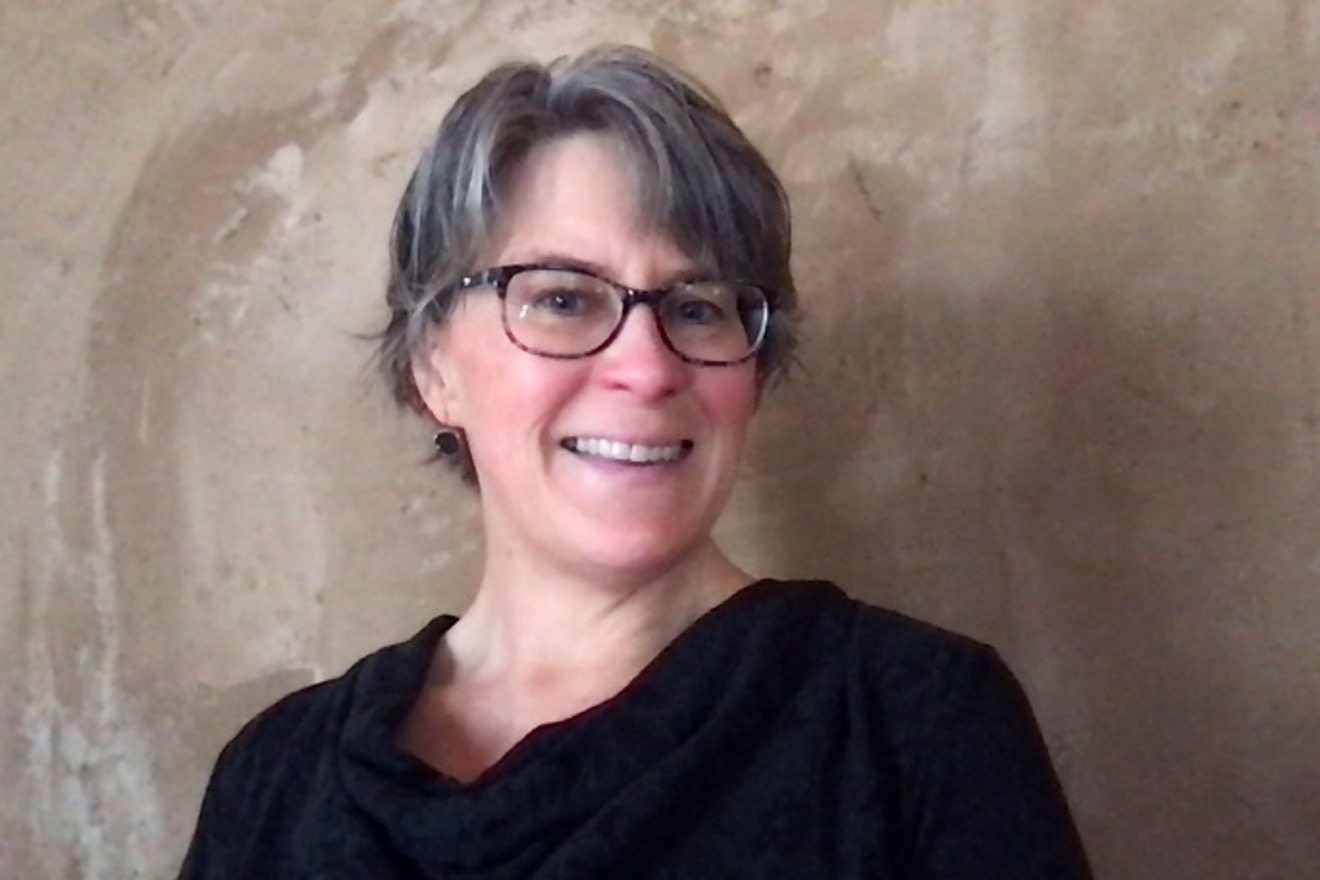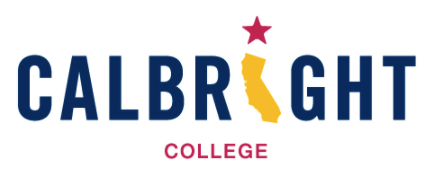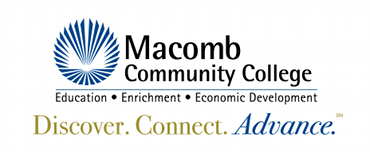Promoting Inclusive Strategies in Online CTE & STEM Courses: Practitioner-Focused Research Methods. Practitioner-focused research methods can address inequities in online teaching and learning. We presented two initiatives that engage postsecondary practitioners in designing ways to foster inclusive online instruction in CTE and STEM.
The COVID-19 pandemic gave college faculty and instructional support staff a crash course in online teaching and course design. Educators and students alike discovered certain benefits of online courses, but the shift to “online all the time” bore out the warning in past research that online learning—particularly asynchronous, self-paced courses that lack live interaction between faculty and students—puts more demands on students to manage their own learning and is associated with lower pass rates. The shift also revealed that many faculty have not been adequately prepared for the challenges of teaching and learning online, and that faculty often lack access to resources and institutional support for using technology effectively to foster student learning.
Calling all Institute of Education Sciences (IES)-funded researchers! Please join us at the Annual Principal Investigators Meeting, “Building on 20 years of IES Research to Accelerate the Education Sciences,” from May 16 to 18, 2023.
Perspectives from Nine Institutions on the Role of Self-Directed Learning Skills in Online Courses. The American Educational Research Association’s (AERA’s) virtual conference, “Interrogating Consequential Education Research in Pursuit of Truth,” from May 4 to 5, 2023.
Supporting Learning and Success in Online Courses: Early Insights and Updates from the Postsecondary Teaching with Technology Collaborative. In this webinar for Postsecondary Teaching with Technology Collaborative partners, members of the research teams share what we are learning about strategies for supporting student success and skill development in online courses and will provide updates on Collaborative activities, findings, and plans for the upcoming academic year.
Self-directed learning instruction as a tool for equity: A framework for improving student outcomes in online STEM courses. OLC Innovate – learn more about the research around supporting diverse students’ self-directed learning skills and mindsets and practical strategies embed these strategies into online courses.
Pima Community College in Arizona is a Hispanic-serving institution that enrolls about 43,000 students, many of whom are working and have families. With 40% of students fully online, and more in virtual and hybrid courses, the college ensures that online courses are not just pale imitations of in-person courses and that their design takes into account how students learn.
As part of the collaborative, Bunker Hill Community College (BHCC) intends to build on its existing campus-wide initiatives to foster metacognitive skill acquisition in prerequisite and introductory courses in preparation for more challenging upper-level content material. Bunker Hill Community College in Boston is the largest community college in Massachusetts, with more than 19,000 students enrolled annually. Founded in 1973, BHCC offers more than 100 academic programs, including associate degree programs, certificate programs and programs designed to allow students to complete their first two years of a bachelor’s degree before transferring to a four-year university. BHCC is a minority-serving institution.
Calbright College will leverage its involvement in the collaborative to further develop its model as an online-only college and enhance its faculty-development framework, which focuses on the affective dimensions of teaching, to deliberately integrate the student’s experience. Calbright College, California’s first online-only community college, focuses on careers not credentials. Calbright uses a combination of online classes, mobile apps, and career readiness training and services to provide working adults with the skills they need to move into higher paying jobs. Courses can be taken on each person’s own timeline and from wherever is most convenient.
As part of the collaborative, Macomb Community College will explore methods to encourage deeper student engagement in online courses by actively improving course design and faculty training. Macomb will align its participation in the collaborative’s research and development activities with its broader equity and inclusion initiatives. Macomb Community College in Warren, Michigan, offers nearly 200 degree and certificate programs that prepare its students for life and work in the 21st century. Macomb is a commuter college with a campus life, with student clubs to join, study trips to take, cultural programs to check out, and college athletic and other events.



